What Explains the Croatian President’s Criticism of NATO’s Anti-Russian Policies?
The takeaway is that Croatia is attempting to pioneer a balancing act between East and West similar in spirit but nonetheless more locally focused than what Russia’s attempting to do across the entirety of Eurasia. This observation confirms the mutual complementarity of their grand strategies, which further adds credence to the claim that their relations are becoming increasingly strategic despite some present confusion and divisions within the Croatian ‘deep state’.
Croatian President Zoran Milanovic surprised everyone when he declared that he’ll withdraw all of his country’s soldiers from NATO operations in the event that tensions escalate with Russia. He also disassociated Croatia from the bloc’s latest anti-Russian moves in the region. Observers were shocked since this Balkan nation is traditionally regarded as being solidly within the US-led West’s sphere of influence. It’s also been extremely antagonistic against Serbia, which is considered Russia’s closest regional partner, since even before the dissolution of the former Yugoslavia.
Those perceptions, however, aren’t exactly accurate even though they’ve been pushed by both the Mainstream Media and the Alt-Media Community (AMC) for years, each for their own self-serving political reasons. It’s fashionable to oversimplify Balkan geopolitics by claiming that Croatia is a Western ally while Serbia is a Russian one and then imagining that this means that Zagreb and Moscow can never have any pragmatic cooperation with one another. That’s not true, though, as the author explained in his May 2018 analysis titled “Serbs, Listen Up! Here’s Why Russia’s Getting Chummy With Croatia”.
Three of his prior analyses that were hyperlinked in that text now lead to broken links but interested readers can still access them in full here, here, and here. Two follow-up pieces were published less than a year later about how “Russia Might Return To The Balkans In A Big (But Controversial) Way” and “Russia’s Recognition Of ‘North Macedonia’ Is Part Of The ‘New Balkans’ Plan”. Those six analyses detail the “politically incorrect” reality of Russia’s tacit policy towards the Balkans, which far from being tied to Serbia, seeks to actively diversify its relations from it by balancing them with its regional rivals.
This is fully consistent with its 21st-century grand strategy of aspiring to become the supreme balancing force in Eurasia, to which end it must prioritize comprehensively improving relations with non-traditional partners such as Croatia. The Non-Russian Pro-Russian (NRPR) faction of the AMC and especially those who still cling to the constantly discredited “5D chess” conspiracy theory of fantasizing that Russia secretly supports whatever they do and that any factual evidence to the contrary is just it “psyching out the West” might angrily dispute this for ideological reasons, but it’s still the truth.
In fact, Russian Foreign Minister Lavrov even confirmed as much in mid-January when talking to his Croatian counterpart. According to publicly financed Russian international media outlet TASS, the Eurasian Great Power’s top diplomat praised the state of bilateral ties and was extremely upbeat about their future. The outlet reported that he said “We value our constructive, steady relations. We see Croatia as a respected European partner. We are linked by historical and cultural ties, and we intend to develop our relations on all tracks.”
The Croatian Foreign Minister also debunked the AMC’s false assessment of Russian-Croatian ties. According to Gordan Grlic-Radman as reported by TASS, “During these thirty years, the Republic of Croatia has made significant achievements, including foreign economic ones. I want to stress that Russia has never stood in our way. I would like to acknowledge the constructive role Russia played during the difficult nineties of the last century.” Additionally, he invited President Putin and even the Russian Interior and Justice Ministers to visit Croatia in order to comprehensively expand relations even further.
Having relied on objectively existing and easily verifiable facts to disprove the false narrative that’s been pushed for years about Russian-Croatian relations in order to obfuscate the extremely close nature of their ties, it’s now a lot easier for observers to understand why President Milanovic is so strongly against NATO’s anti-Russian policies. He envisions his country potentially surpassing even Serbia as Russia’s most reliable Balkan partner since Zagreb has influence within the US-led West by virtue of its joint membership in the EU and NATO that Belgrade obviously lacks, which is very attractive to Moscow.
President Milanovic, however, is presently experiencing very powerful pushback from the diplomatic faction of the Croatian “deep state”, which is a term for collectively referring to a country’s permanent military, intelligence, and diplomatic bureaucracies. Politico reported that the same Foreign Minister that praised relations with Russia said that “the president does not speak for Croatia, but for himself. We are and will remain a loyal member of NATO. Everything we do, we do in consultation with our partners.” The outlet also reported that Croatian troops already returned from Poland.
What’s happening is that Croatia’s presently very Russian-friendly president might have gone too far in his condemnation of NATO’s anti-Russian policies, so much so that his country’s comparatively less but nevertheless still arguably Russian-friendly Foreign Minister felt compelled to set the record straight in order to avoid provoking its much closer Western allies. It’s also important to note that Politico reminded their readers that “although the president serves as commander in chief of the Croatian military, NATO deployments are handled by the defense ministry, with the approval of parliament.”
The state of affairs is such that there’s certainly some confusion about exactly where Croatia stands on the topic of NATO’s anti-Russian policies as of late. On the one hand, its president is firmly against them while the military, diplomatic, and potentially also some if not all of his most important intelligence bureaucracies believes that some kind of balance must be struck, even if only symbolically through rhetoric at this point. The outcome is that Croatia cannot be considered to be reliably in support of NATO’s latest anti-Russian policies but that also doesn’t mean that it’s nowadays anti-NATO per se.
This split of sorts speaks to the growing but admittedly imperfect pragmatism within that country’s policymaking establishment. Just like across most European countries with the exception of those that border the former USSR and have a history of complicated relations with Russia, many states are divided over what to do in the context of the undeclared US-provoked missile crisis on the continent. They don’t want to provoke the US’ Hybrid War wrath and thus risk being destabilized to various extents as punishment sometime later on but they also don’t want to ruin their relations with Russia either.
The takeaway is that Croatia is attempting to pioneer a balancing act between East and West similar in spirit but nonetheless more locally focused than what Russia’s attempting to do across the entirety of Eurasia. This observation confirms the mutual complementarity of their grand strategies, which further adds credence to the claim that their relations are becoming increasingly strategic despite some present confusion and divisions within the Croatian “deep state”. If this trend remains on track, then Croatia might very well soon surpass Serbia as Russia’s top Balkan partner, though not at its expense of course.

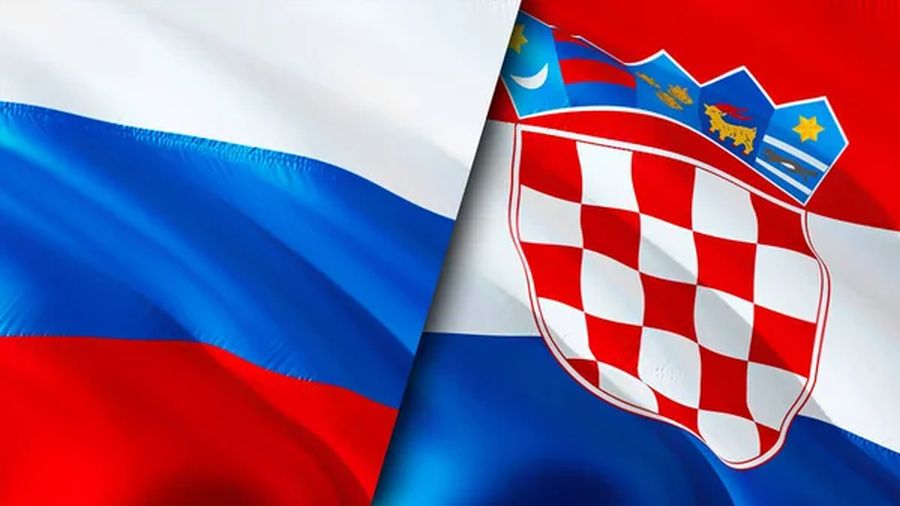
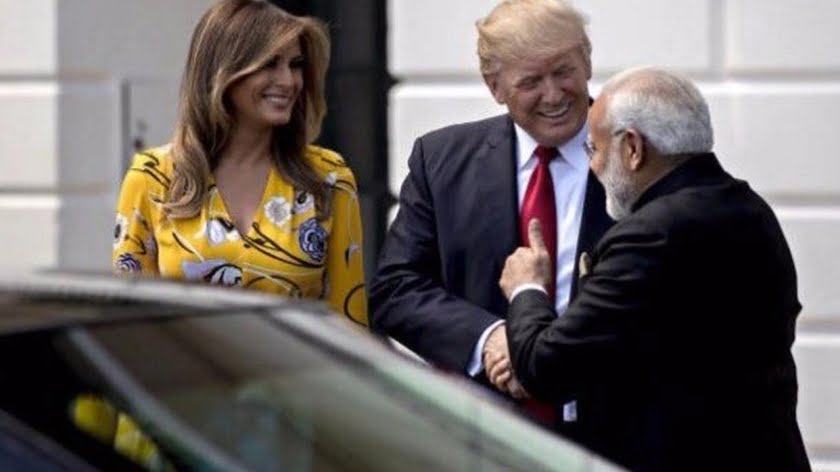
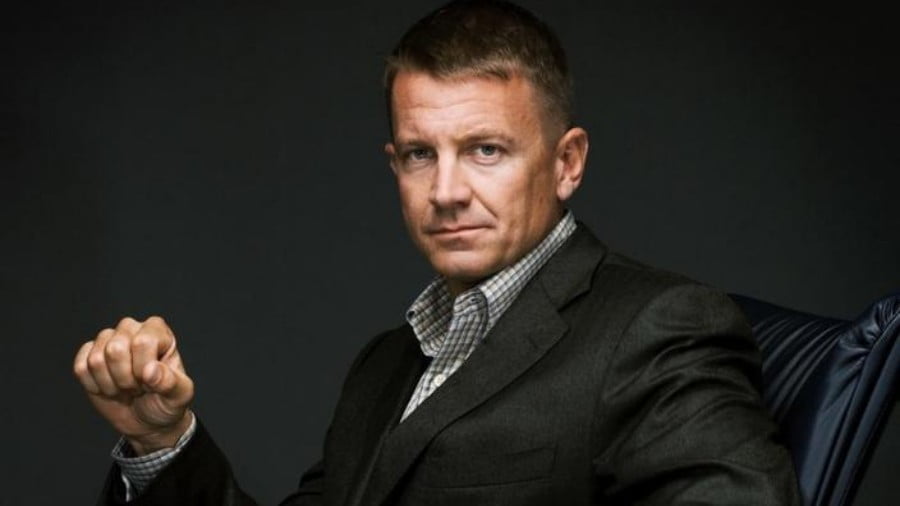
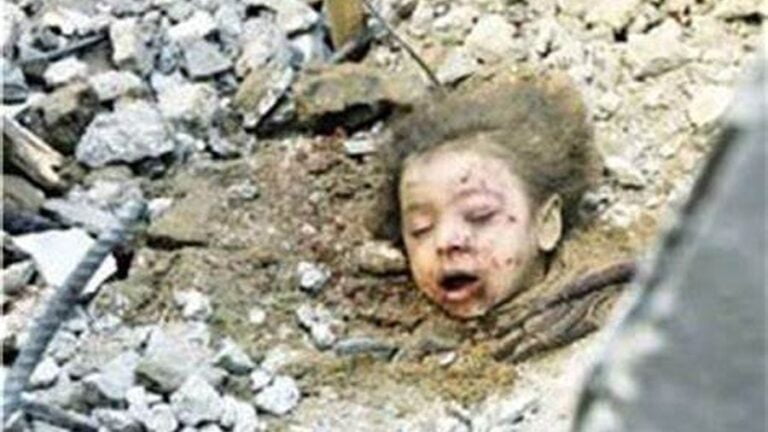
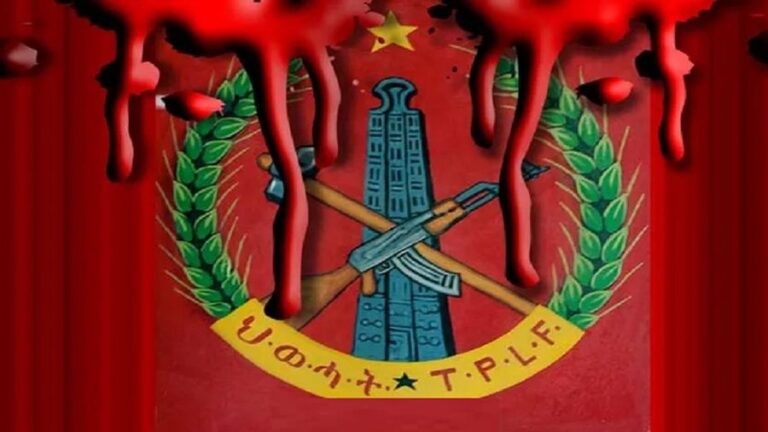

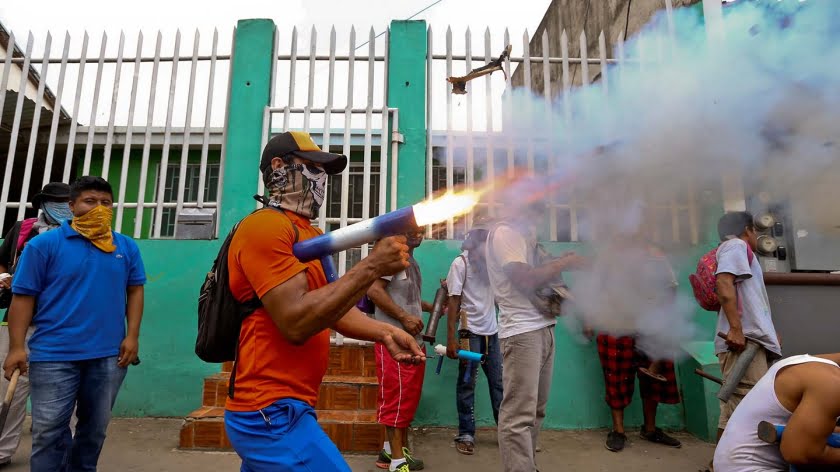
One Comment